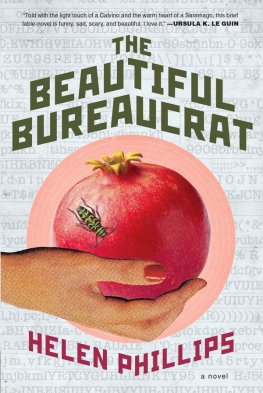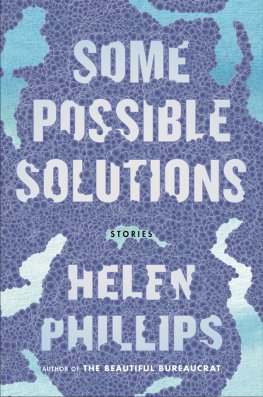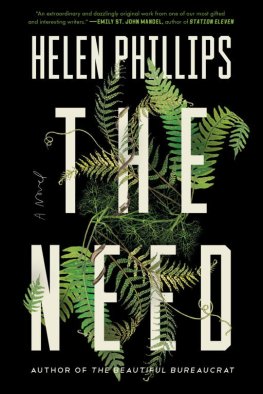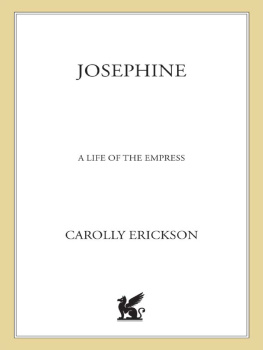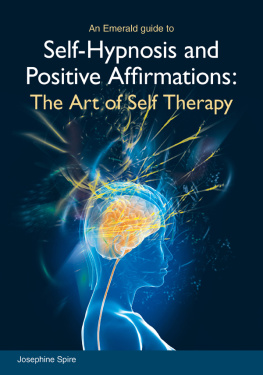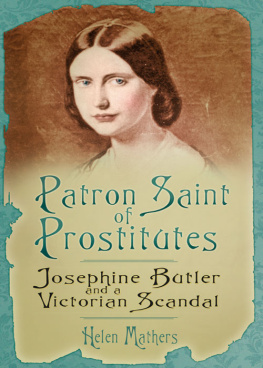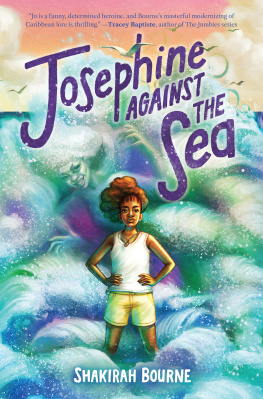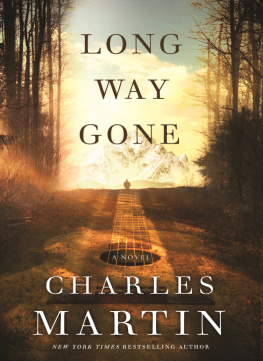Helen Phillips
The Beautiful Bureaucrat
Thank you, Faye Bender, my agent and my friend, for your vision.
Thank you, Sarah Bowlin, for your editorial genius, which enabled this book to become itself, and thank you to the rest of the Henry Holt team, especially Leslie Brandon, Lucy Kim, Ebony La Delle, Jason Liebman, Courtney Reed, and Maggie Richards.
Thank you to the Rona Jaffe Foundation, which supported this project in its earliest iteration, and to the Ucross Foundation.
Thank you to those who have nurtured my work along the way, especially Lou Asekoff, Michael Cunningham, Lisa Graziano, Joshua Henkin, Krista Marino, Jenny Offill, Ellen Tremper, and Mac Wellman.
Thank you to the Brooklyn College MFA Program, and to the brilliant members of my writers group.
Thank you to my colleagues in the Brooklyn College Department of English, and thank you to my students, for your unanswerable questions.
Thank you, David Finston, for the consultation about mathematical matters.
Thank you for your friendship and for your advice, literary and otherwise: Helene Bertino, Avni Bhatia, Sarah Brown, Adam and Aysu Farbiarz, David Gorin, Camille Guthrie, Lucas Hanft, Elizabeth Logan Harris, Amelia Kahaney, Jonas Oransky, Laura Perciasepe, Genevieve Randa, Kendyl Salcito, Maisie Tivnan, Andy Vernon-Jones, and Tess Wheelwright.
Thank you to my family: my parents Paul Phillips and Susan Zimmermann; my in-laws Gail and Doug Thompson; my siblings-in-law Peter Light, Raven Phillips, and Nate Thompson; my brother Mark Phillips; my sister Katherine Phillips (your presence is felt); and my sister Alice Light, best friend/best reader.
Thank you, Neal, my magical Thanksgiving baby; your company both in utero and out was a good luck charm during the revision of the book.
Thank you, Ruth, my joy, for proudly telling your babysitters Mommy working on book! on those mornings when I hardly believed it myself.
And you, Adam: there are no words. Just this book.

The person who interviewed her had no face. Under other circumstances if the job market hadnt been so bleak for so long, if the summer hadnt been so glum and muggy this might have discouraged Josephine from stepping through the door of that office in the first place. But as things were, her initial thought was: Oh, perfect, the interviewers appearance probably deterred other applicants!
The illusion of facelessness was, of course, almost immediately explicable: The interviewers skin bore the same grayish tint as the wall behind, the eyes were obscured by a pair of highly reflective glasses, the fluorescence flattened the features assembled above the genderless gray suit.
Still, the impression lingered.
Josephine placed her rsum on the oversize metal desk and smoothed the skirt of her humble but tidy brown suit. The interviewer held a bottle of Wite-Out, with which he (or she?) gestured her toward a plastic chair.
The lips, dry and faintly wry, parted to release the worst breath Josephine had ever smelled as the interviewer inquired as to whether she had seen anything unusual en route to the interview.
The most unusual thing she had seen en route to the interview was the building in which she now found herself. Exiting the subway station, turning the corner, approaching the appointed address, she was surprised to come upon a vast, windowless concrete structure stretching endlessly down the block in what was otherwise a modest residential neighborhood. The concrete wall was punctuated at regular intervals by thick metal doors. The side of the building bore an enormous yet faded A and Z, superimposed over each other so that it was impossible to know which letter ought to be read first. A narrow strip of half-dead grass separated the building from the sidewalk. As per her instructions, she located the door labeled Z; in fact, it was the first doorway she encountered, which she decided to claim as a positive omen. The elevator was slow. The concrete hallways droned with an anxious, unidentifiable sound.
No, Josephine lied.
Youre married, The Person with Bad Breath asked, or stated, as though this was a corollary to the first question.
Yes, she said, surprised by the flare of joy in her voice; five years in, it still felt like a novelty to be his wife. A few months ago, days after theyd moved to this unfamiliar city, as she was unpacking boxes in the newly rented apartment, shed thought: Has evolution really managed to culminate in this? This spoon, this cup, this plate; us, here.
His name, The Person with Bad Breath continued. Such a parched voice; Josephines throat ached in sympathy.
Joseph, she replied.
Full name.
Joseph David Jones. It occurred to her that The Person with Bad Breath had neglected to offer up a name or a title.
Employed.
Yes, an administrative job not far from here. Josephine chose not to mention that hed only gotten the job a month ago; that it had followed his own weary interminable period of unemployment; that theyd fled the hinterland in hope of finding jobs just such as these; that theyd fled in hope of hope. Just one subway stop away, actually, she elaborated when her comment was met with silence.
Does it bother you that your husband has such a commonplace name?
Josephine couldnt tell whether this was an interview question, a conversational question, a rhetorical question, or a joke. But she had been unemployed for far too long to bristle at it, or at anything else The Person with Bad Breath might come up with. And indeed: She had sometimes felt that the name Joseph David Jones was not sufficient to represent him, his moods and his kindnesses.
I kept my maiden name, she dodged.
Newbury, Josephine Anne, The Person with Bad Breath said, without glancing at the rsum.
She awaited the timeworn quip about their shared name. Joseph/ine.
You wish to procreate? The Person with Bad Breath said.
Again, she didnt know if the tone was idle or mocking, kindly or dismissive. Surely it wasnt legal to ask such a thing in an interview but, as the familiar raw longing pulsed inside her, she nodded and then crossed her fingers at her sides, as was her habit whenever this sore subject came up nowadays.
How is your vision? The Person with Bad Breath said.
Twenty-twenty. She hoped there would be no further probing; her vision hadnt been tested in eight years, and distant objects had recently begun to blur and shimmer.
Before Josephine could decide whether or not she ought to ask her interviewers name, The Person with Bad Breath abruptly stood. Josephine fumbled to follow, out of the office and down the long hallway. Once again, she noticed the sound: a sound like many cockroaches crawling behind the closed doors, interwoven occasionally with brief mechanical moans. As they walked, The Person with Bad Breath consumed three mints dispensed from a small tin drawn from an inner pocket. The bad breath became less offensive to Josephine when she saw that an attempt was being made to remedy it.
The Person with Bad Breath stopped at one of the doors and pulled out a thick clot of keys. The door opened into a small pinkish box of a room, its walls aged with tack holes and old tape. Five steps and Josephine could touch the opposite side. A metal desk and an outdated computer buzzed in the ill light of an overhead fluorescent. Beside the computer, stacks of gray files.
Open the top file, The Person with Bad Breath instructed, directing her to the chair behind the desk.
She opened the file to a sheet of paper covered in dense typewritten text:

